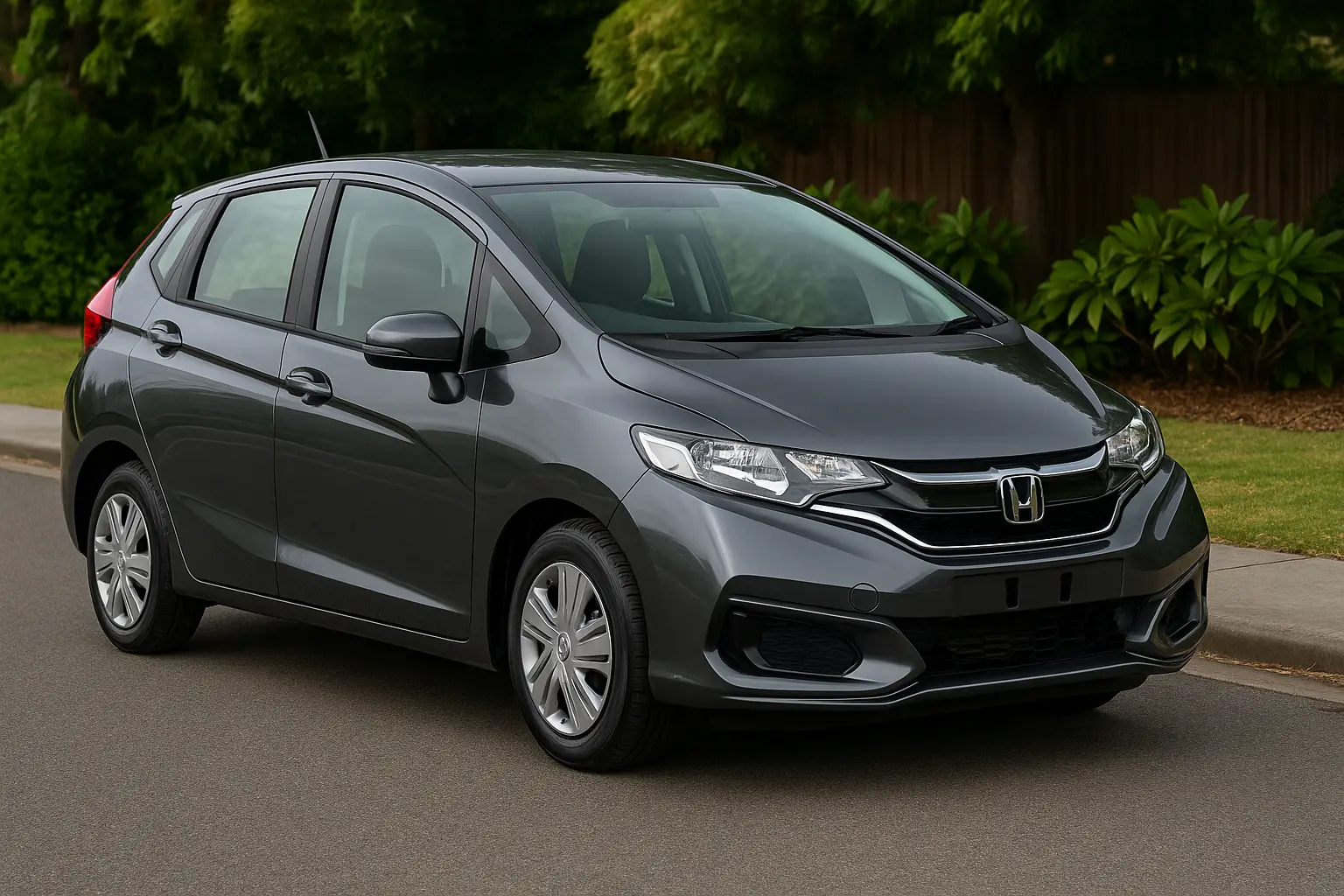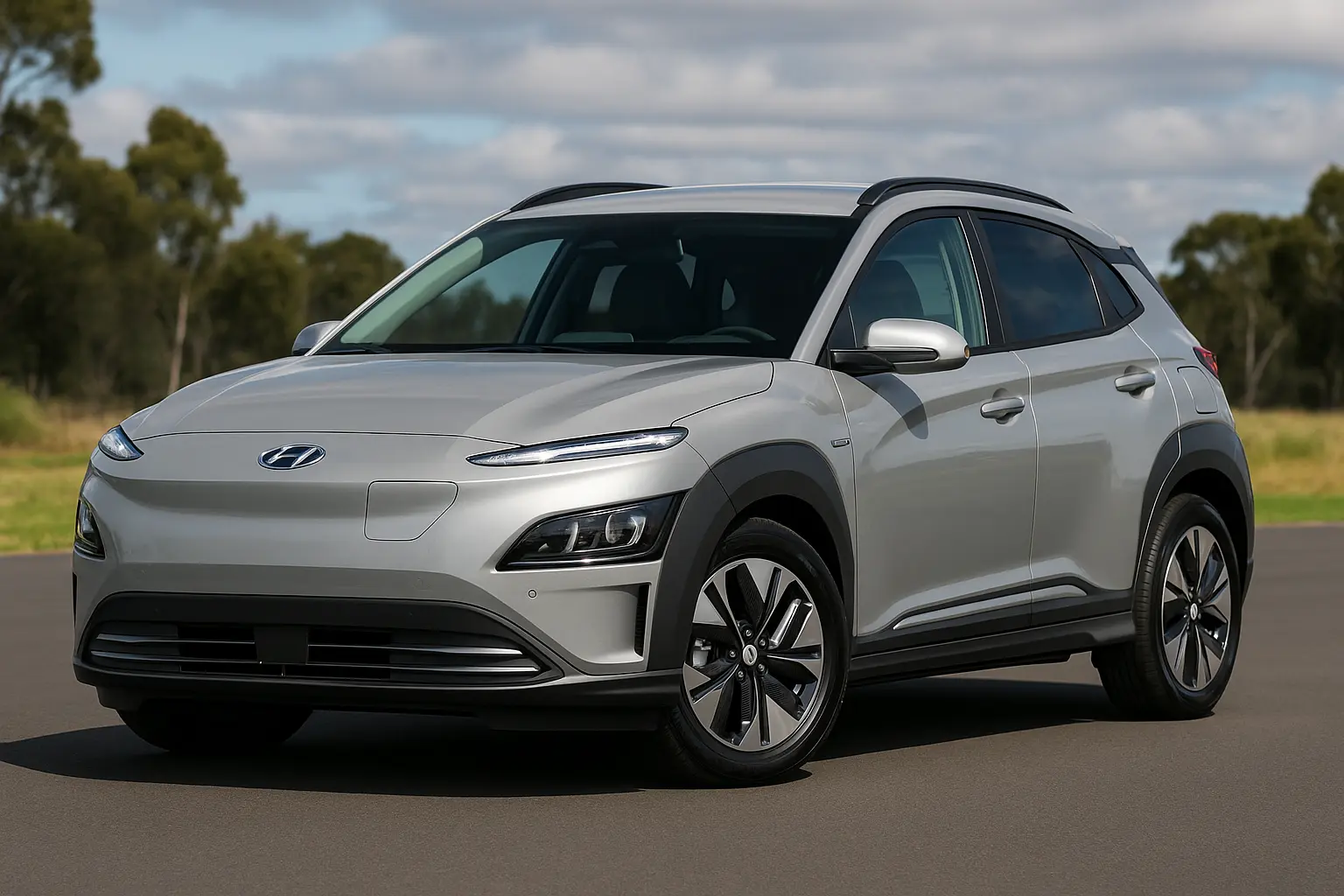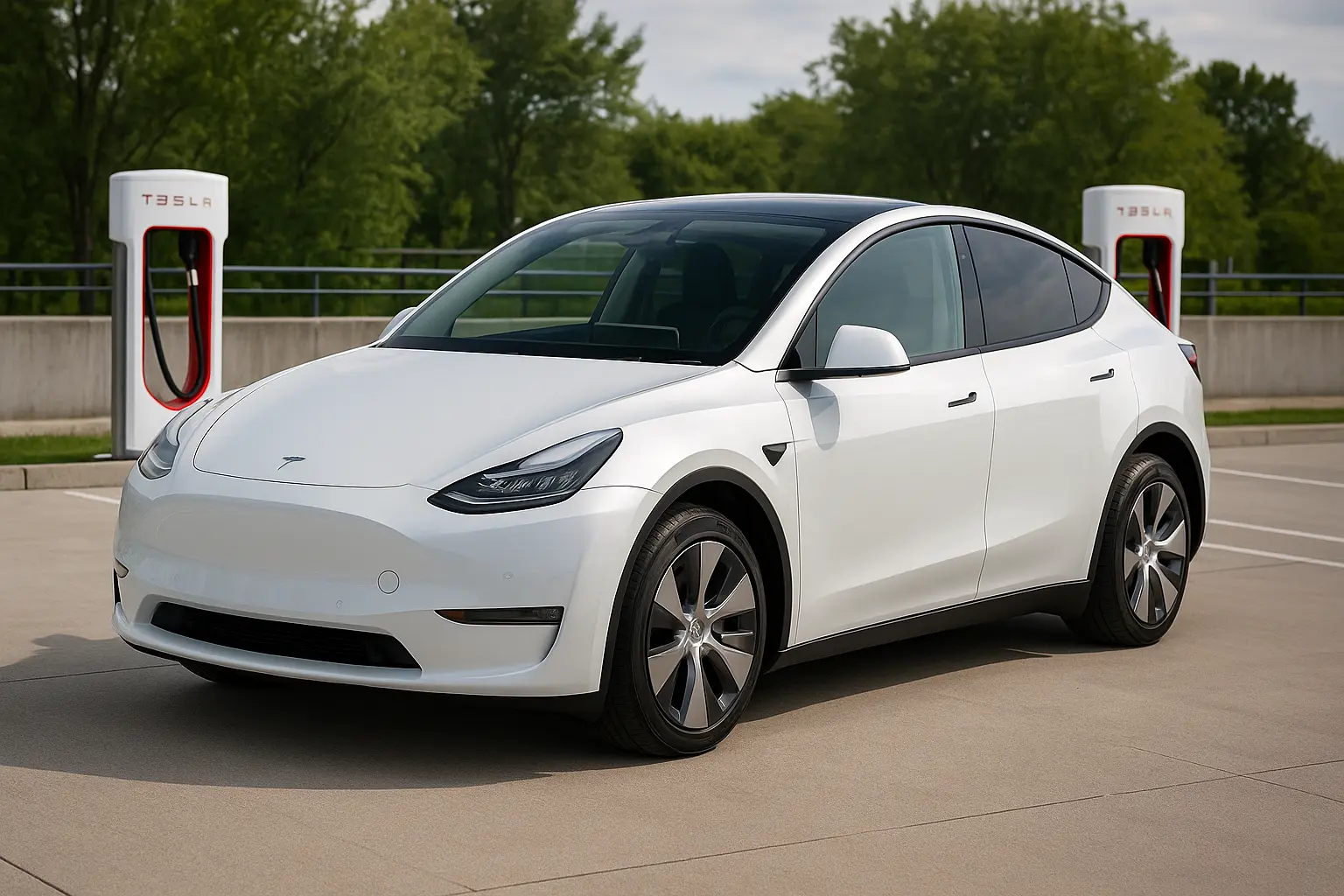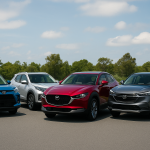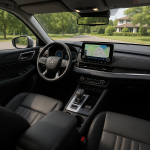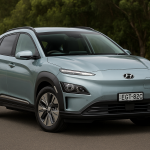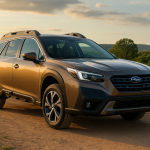Learning to drive is one of life’s biggest milestones. For many Australians, it’s not just about getting a licence—it’s about freedom, independence, and responsibility. The first car you buy (or that’s bought for you) will always hold a special place in your memory. But choosing the right learner car is no easy task.
Parents and learners alike are often faced with a balancing act: affordability versus safety, style versus practicality, and simplicity versus modern features. In this comprehensive guide, we’ll cover the best learner cars in Australia, highlighting why they’re considered safe, affordable, and easy to drive.
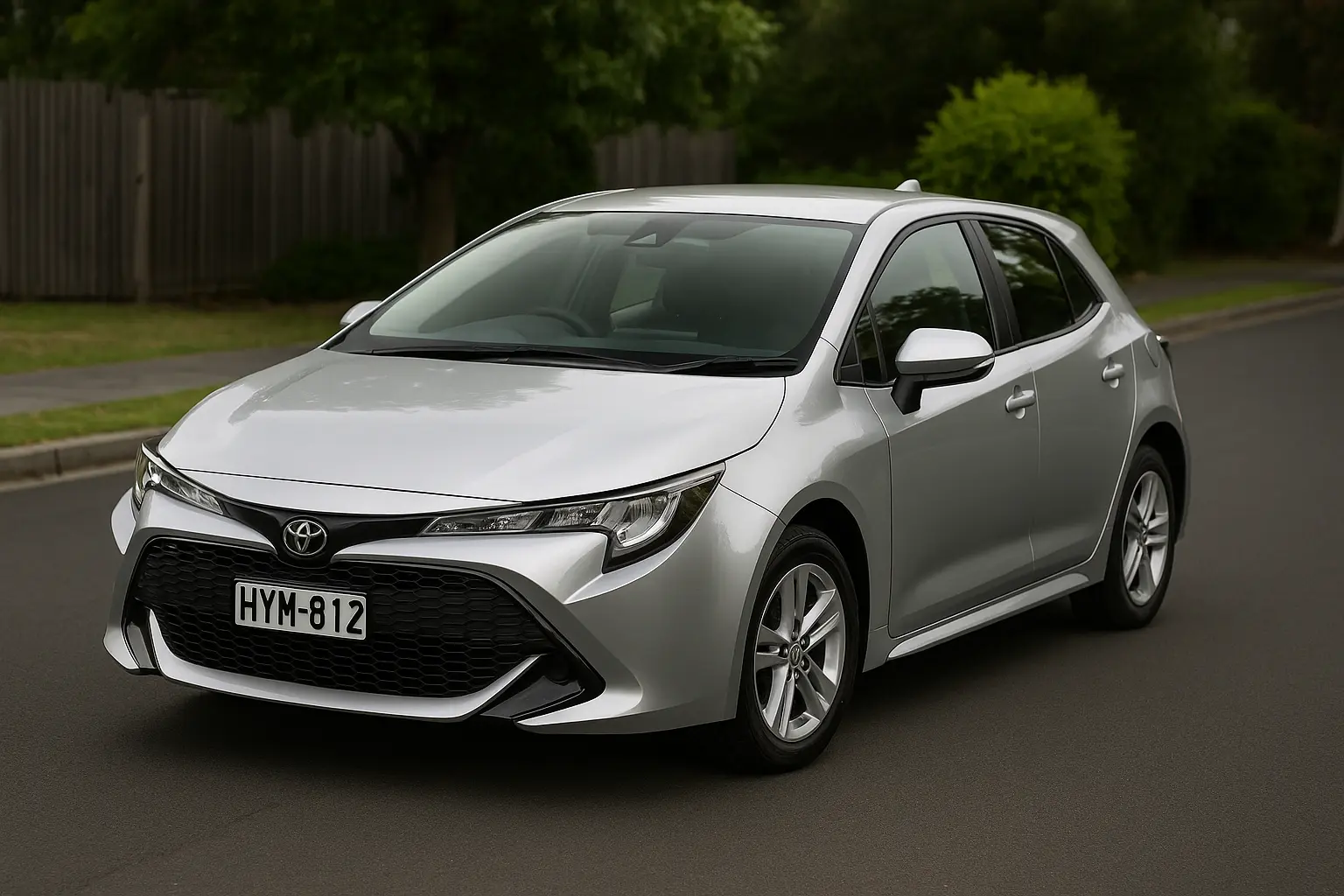
Why Choosing the Right Learner Car Matters
The car you drive as a learner or P-plater will shape your driving habits for years to come.
Here’s why picking wisely makes a huge difference:
- Safety first: New drivers are at higher risk of accidents. A car with modern safety features can help prevent crashes or reduce their severity.
- Affordability: Most learners are either students or young professionals, so running costs—like insurance, fuel, and maintenance—matter just as much as purchase price.
- Ease of driving: A small, light, and manoeuvrable car makes parking, lane changes, and city driving less stressful.
- Resale value: Your first car won’t be your last. Choosing a model that holds its value helps you trade up later.
Key Features Learners Should Look For
Before we dive into specific models, let’s talk features. Learner cars should offer a strong combination of safety, affordability, and usability. Look for:
- ANCAP 5-star safety rating – reassurance that the car protects well in a crash.
- Fuel efficiency – smaller engines (1.0L–1.6L) keep petrol costs manageable.
- Affordable insurance – avoid high-performance engines that make premiums soar.
- Automatic transmission – unless you specifically want a manual licence, auto is easier.
- Good visibility & compact size – makes parking and urban driving less stressful.
- Low servicing costs – Japanese and Korean brands often excel here.
Best Hatchbacks for Learners in Australia
Hatchbacks dominate the learner car market, and for good reason. They’re compact, cheap to run, and versatile enough for city or regional driving.
Toyota Corolla Hatch
- Why it’s great: A long-time Aussie favourite, the Corolla is reliable, affordable, and boasts a 5-star ANCAP safety rating. It’s easy to drive, fuel-efficient, and comes with Toyota’s excellent resale value.
- Running costs: Low servicing costs and Toyota’s capped-price servicing make it perfect for budget-minded families.
Mazda 2 Hatch
- Why it’s great: Light steering, small dimensions, and stylish design. The Mazda 2 feels zippy in the city but still handles highways with ease.
- Learner-friendly factor: Great visibility and responsive handling.
Hyundai i30
- Why it’s great: One of Australia’s most popular small cars, the i30 packs features usually seen in larger models. It’s safe, practical, and affordable.
- Standout feature: Comes standard with Apple CarPlay/Android Auto—keeping learners connected safely.
Kia Picanto
- Why it’s great: Perfect for tight city streets and parking. It’s one of the most affordable new cars in Australia.
- Bonus: Kia’s 7-year warranty is one of the best in the business.
Best Sedans for Learners
Sedans are slightly bigger than hatchbacks but offer comfort and boot space.
Mazda 3 Sedan
- Why it’s great: Stylish design and excellent driving dynamics make the Mazda 3 a strong option for learners wanting something practical yet premium.
- Safety: Advanced driver aids are available across most trims.
Toyota Camry (used models)
- Why it’s great: A reliable, larger sedan option. While new Camrys are pricier, used models are affordable and known for their bulletproof reliability.
Affordable SUVs for Learners
Some learners prefer SUVs for higher driving position and extra space. Compact SUVs are the sweet spot.
Toyota Yaris Cross
- Why it’s great: A compact SUV that’s easy to drive, safe, and stylish. Perfect for learners who want SUV looks without the bulk.
- Efficiency: Available in hybrid versions for fuel savings.
Hyundai Venue
- Why it’s great: One of Australia’s cheapest SUVs. Compact, quirky styling, and great for urban learners.
- Bonus: Excellent warranty and affordable servicing.
Mazda CX-3
- Why it’s great: Combines Mazda’s fun-to-drive nature with compact SUV practicality. Easy to park and confidence-inspiring for new drivers.
Best Used Cars for Learners
Not every family has the budget for a new car. Used cars remain popular learner choices.
Top used options include:
- Toyota Yaris – affordable, simple, and super reliable.
- Honda Jazz – flexible “magic seats” and easy parking.
- Ford Fiesta – fun to drive and cheap on the used market.
- Suzuki Swift – sporty looks, compact size, and affordable insurance.
Safety Matters: ANCAP & Learner Cars
ANCAP (Australasian New Car Assessment Program) ratings are crucial when selecting a learner vehicle.
Why? Because a 5-star car reduces the risk of serious injury by a significant margin compared to older 3-star or unrated cars.
Key safety tech to prioritise:
- Autonomous Emergency Braking (AEB)
- Lane-Keep Assist
- Reversing Camera
- Blind-Spot Monitoring (if available)
Even entry-level models increasingly include these features.
Affordability: Balancing Budget and Quality
Let’s break down the affordability equation for learner cars in Australia:
- Purchase price – Many learner cars sit between $17,000 and $28,000 new. Used models can dip below $10,000.
- Insurance – Hatchbacks and small sedans are usually cheapest to insure. Avoid turbocharged or sporty trims.
- Servicing – Brands like Toyota, Hyundai, and Kia offer capped-price servicing, reducing surprises.
- Fuel costs – Hatchbacks average 5–7L/100km, while SUVs can stretch to 7–9L/100km.
Petrol vs Hybrid vs Electric for Learners
- Petrol cars: Still the most affordable upfront and easiest to insure.
- Hybrids: Growing popular among eco-conscious learners, offering excellent fuel savings.
- EVs: While electric cars like the MG4 or BYD Dolphin are affordable compared to premium EVs, charging infrastructure and higher purchase costs may make them less practical for first-timers.
Insurance Considerations for Learner Cars
Insurance is often overlooked until the last minute—but premiums can be shockingly high for young drivers.
Tips to keep costs low:
- Choose a small, low-power vehicle.
- Add a parent as the primary driver (with learner listed).
- Avoid modifications.
- Look for insurers that offer discounts for telematics or safe-driving apps.
Tips for Parents Helping Learners Choose a Car
- Prioritise safety, even if it costs a bit more upfront.
- Don’t stretch beyond what you can afford for insurance and rego.
- Involve the learner in test drives—they need to feel comfortable.
- Consider resale value, especially if the car will only be kept a few years.
The Bottom Line
Your first car is more than just a machine—it’s a classroom on wheels. Choosing wisely means you’ll learn safer driving habits, enjoy affordable ownership, and have peace of mind as you gain independence.
Whether it’s a compact hatchback like the Mazda 2, a reliable sedan like the Mazda 3, or a budget-friendly SUV like the Hyundai Venue, Australia has plenty of excellent options for learners.
The ultimate learner car is safe, affordable, and confidence-boosting. Choose a model that fits your budget, prioritises safety, and keeps running costs low. That way, learners can focus on what really matters—becoming skilled, safe drivers for life.
Leave a comment
Your email address will not be published. Required fields are marked *


